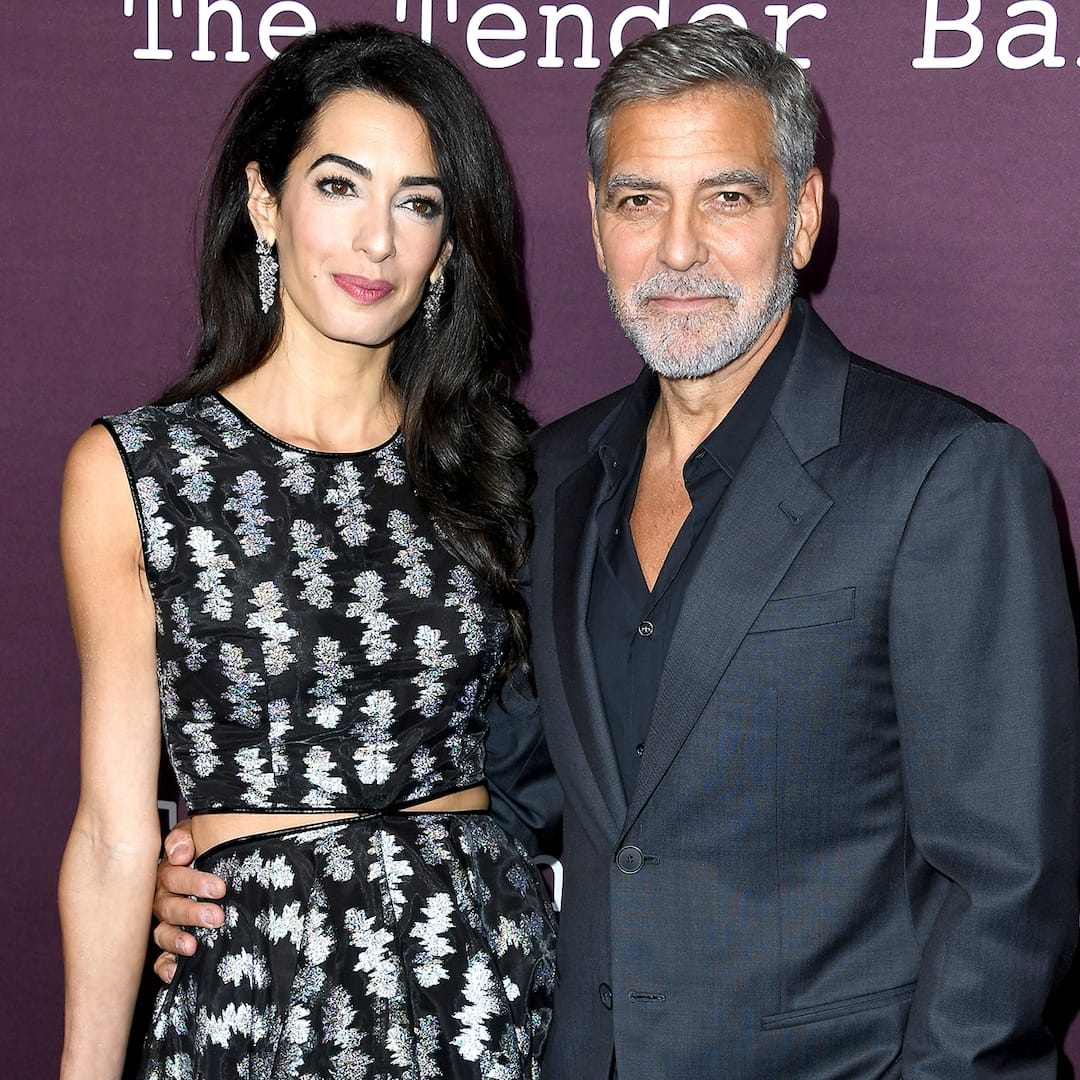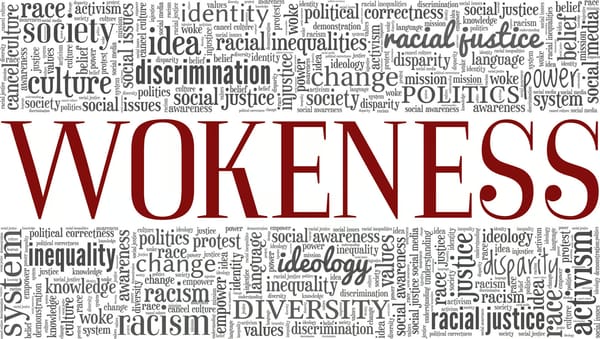Age Gaps in Love: Myths, Realities, and What Matters Most

You’re a 4-minute read away from understanding everything there is to know about age gap relationships.
When it comes to relationships, age is often more than just a number; it’s a factor that can shape compatibility, maturity, and even social acceptance. However, when it comes to true love, if social acceptance is high on your list you’re living for others in this regard — not a great place to be. But how big of an age gap is “acceptable” for dating or marriage? Let’s dive into the topic by exploring different perspectives and insights to understand how age can impact relationships in various ways.
Age Gaps in Relationships: A Closer Look
Age-gap relationships, particularly those with a large difference, are nothing new, but society’s views on them have evolved. Historically, age gaps of ten or more years were common, especially in marriages where older men married younger women. Today, these relationships are still widespread, but they often face a different social lens.
In general, public opinion on age gaps can depend heavily on factors like culture, social norms, and individual preferences. People may wonder whether there’s an ideal range that fosters healthy, balanced relationships.
Common Theories on Age Gaps
- The “Half-Your-Age-Plus-Seven” Rule
A popular guideline, known as the “half-your-age-plus-seven” rule, suggests that a man should date someone who is at least half their age plus seven years. For instance, for a 30-year-old man, the youngest “acceptable” partner would be 22. Though not a hard rule, this formula provides a flexible way of thinking about age differences in relationships. - Cultural Norms and Family Expectations
Different cultures have different attitudes toward age gaps. Some cultures prioritize maturity and economic stability, which can mean larger age gaps are accepted, particularly in marriages. In contrast, Western norms often lean towards smaller gaps, especially as partners seek shared experiences and cultural references. - Compatibility and Life Stage Differences
Compatibility often revolves around shared values, interests, and life goals. A younger partner may still be exploring their career, while an older partner could be focused on retirement or family planning. If couples find a middle ground, however, life stage differences aren’t a dealbreaker.
Psychological Perspectives on Age Differences
Research has shown that relationships with significant age differences can face unique challenges, especially around long-term compatibility and lifestyle choices. However, the actual success of age-gap relationships seems to depend less on age itself and more on communication and shared goals.

Studies by social psychologists also suggest that social perceptions of age gaps are changing. While in the past, it was more common to view large age gaps with suspicion, today, people may be more open to them if partners seem genuinely happy.
The Pros and Cons of Large Age Gaps
Pros:
- Emotional Maturity
Typically older men bring maturity and life experience, which can lead to a more stable, well led relationship. - Financial Stability
Age differences (let’s again assume the man is older) usually mean the male is financially established, eliminating financial pressure. It also enables the couple to opt for the mother not working to raise children. - Complementary Perspectives
Partners from different generations can offer fresh perspectives and experiences, enriching the relationship. You often hear of the younger partner keeping the older one, “youthful and exuberant”.
Cons:
- Generational Gaps
Large age gaps can lead to differences in music tastes, lifestyle, or how they approach certain life decisions, potentially causing tension. - Judgment from Others
Society’s perception can influence a relationship, especially when friends or family don’t support the union due to age differences. But again, if others dictate your love life, you have self-work to do and shouldn’t be dating. - Different Life Goals
Life stages are a big factor. If one partner wants to start a family and the other is nearing retirement, there can be a mismatch in priorities. And biologically it becomes increasingly more difficult for women past 30 to safely bare children.

Does Age Matter More in Dating or Marriage?
In casual dating, age might be less of a concern since the relationship may not involve lifelong commitments. However, in marriage, age differences can sometimes bring issues that influence the relationship long-term. For instance, health disparities may arise, or views on parenting may differ significantly based on generational outlooks.
But age is only one part of the compatibility puzzle. We’ll dive into these later.
Does Age Matter Less with Time?
There’s an argument that the significance of age gaps diminishes with time. A ten-year difference feels wider when one partner is 25 and the other is 35 than when they’re 45 and 55. As couples grow and experience life together, maturity levels can align, making age less of a defining feature in the relationship.
Final Thoughts: The Importance of Individual Dynamics
When it comes to age gaps in relationships, the ultimate question is less about numbers and more about the people involved. Age can shape experiences, but it doesn’t have to define a relationship’s success. An “acceptable” age gap is often one where both individuals feel respected, aligned, and valued, regardless of societal expectations.
So, while it’s natural to wonder if there’s a “perfect” age gap for dating or marriage, the truth may lie more in compatibility than in age itself.





